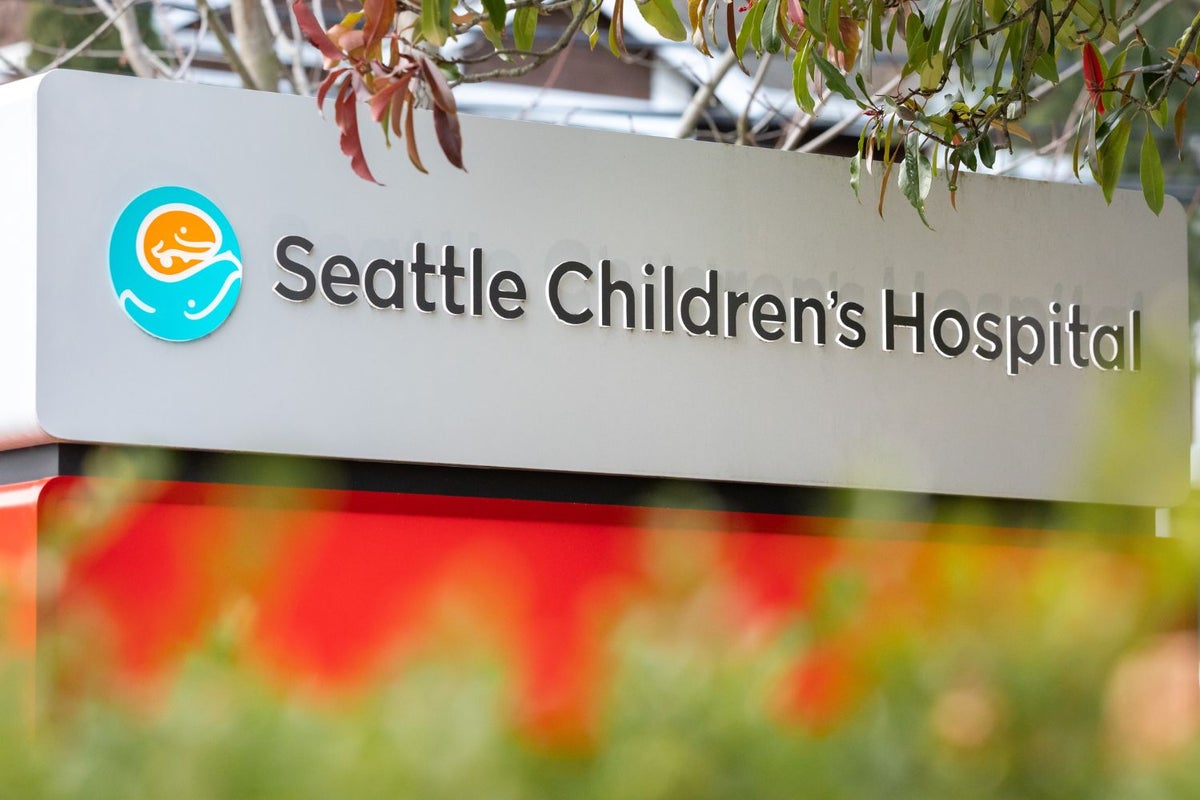Recent reports from two drug companies that had been conducing separate clinical trials to evaluate cancer treatments reveal that the trials were halted due to the deaths of six participants, including one child.
One of the trials had focused on assessing a potential treatment for acute myeloid leukemia (AML), a type of blood cancer, while the other trial had aimed to test a new agent targeting ovarian cancer.
Biotech firm 2seventy bio TSVT was conducting a phase one safety study for AML in conjunction with Seattle Children’s Hospital when the hospital paused the study. According to Dr. Rebecca Gardner, interim chief medical officer at the hospital, the participant who died was the first to take a higher dose of the study therapy, which combines CAR T-cells that are turned on by the anti-cancer drug rapamycin, CNN reported.
“The field of pediatric oncology is small, and we go into it to figure out ways to cure patients of their childhood cancers, and that’s what we’re all dedicated to doing. So anytime something like this happens, it’s devastating for the family and the team,” Gardner said.
Gardner added that the death was a recent event. Three other patients have been given a lower dosage of the therapy, according to CNN.
Also Read: Analyzing Psychedelics & Traditional Pharma Interaction: New Clinical Trial Begins Dosing
The second study, which focused on ovarian cancer, was in phase three — or the final stage just before a company seeks FDA approval for a drug.
Mersana MRSN, a Cambridge-based pharmaceutical company, was conducting the study on upifitamab rilsodotin (UpRi). UpRi is an innovative approach combining cancer-killing medications with antibodies explicitly targeting tumor cells.
According to CNN, Mersana said on Thursday that the FDA had implemented a partial clinical hold due to fatal bleeding events involving five study participants. The company said that approximately 560 individuals have received the study drug thus far.
Now Read: FDA Green Lights New Study Testing IV Ketamine Infusion For Depressive Disorder
Photo: Shutterstock





